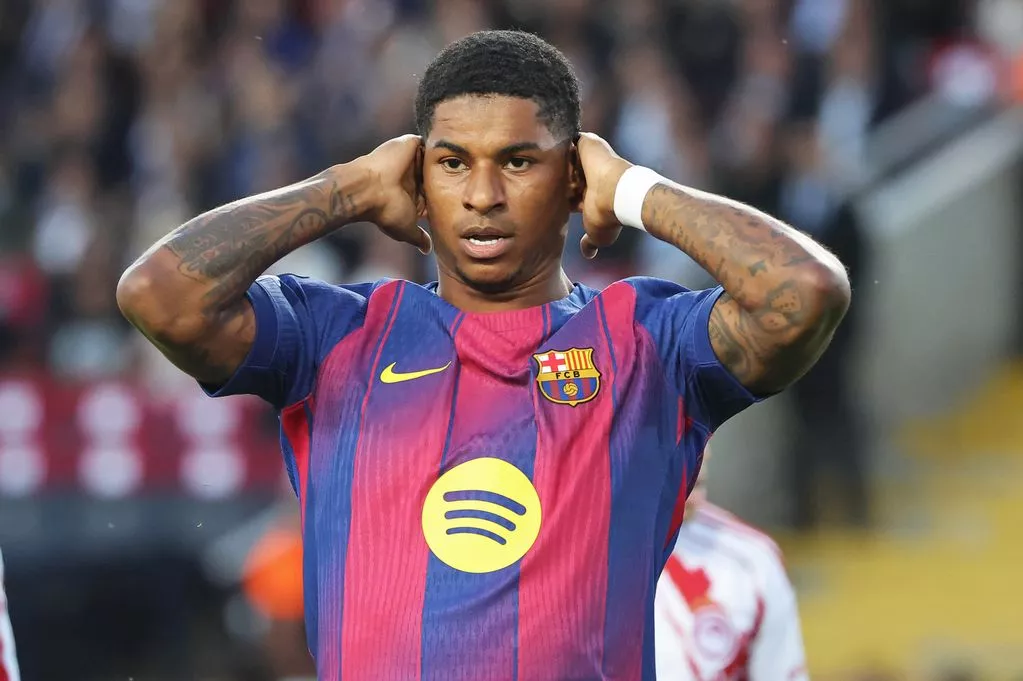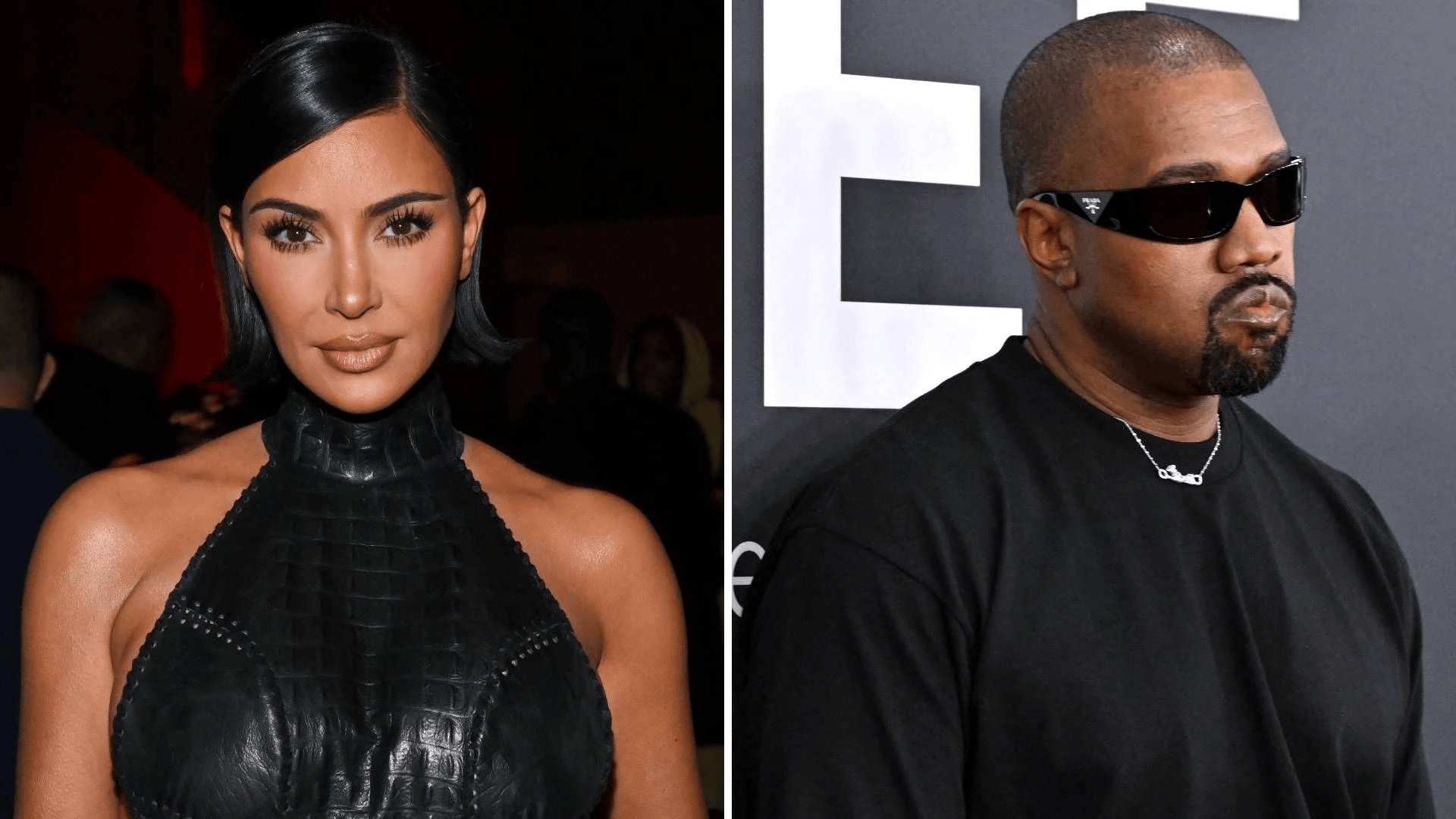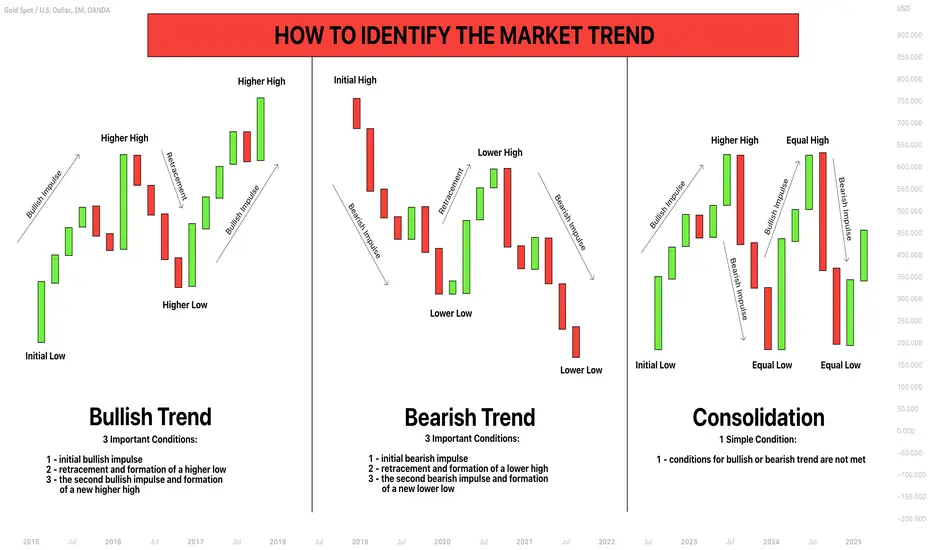7 Best Must-Have Tech Gadgets of October 2025: Cutting-Edge Innovations from Google, Apple, Samsung & More
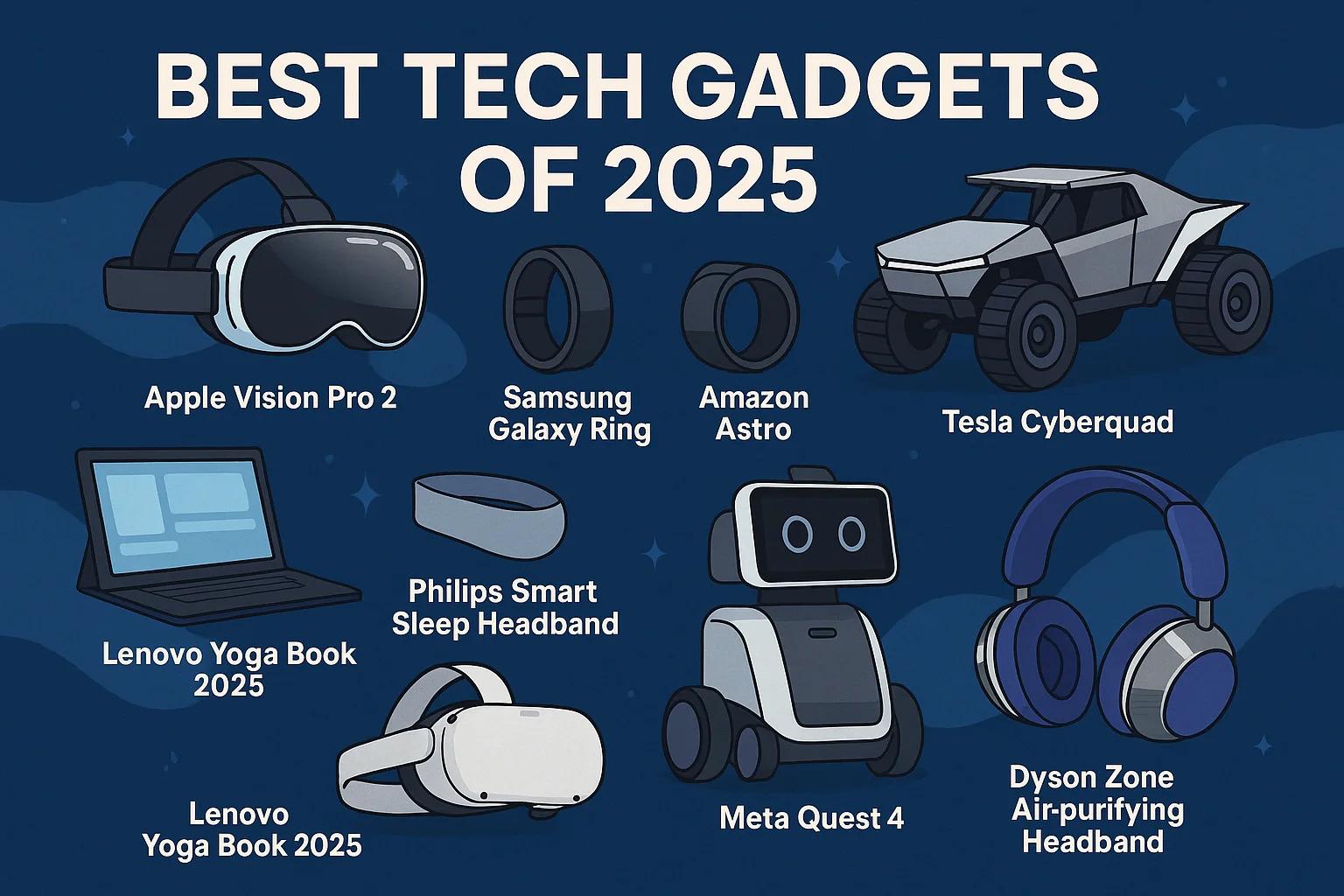
Discover the 7 best and most innovative tech gadgets of October 2025 — from Google’s smart Gboard Dial Version to Apple’s AI-powered MacBook Pro M4, Samsung’s Galaxy Ring, and more. Explore detailed reviews, specs, pros & cons, availability in Nigeria & Africa, plus buying tips for tech lovers worldwide
Introduction
October 2025 is shaping up to be one of the most exciting months for consumer tech in recent memory. From immersive mixed-reality headsets to portable pro-level tablets, this month’s launches aren’t just incremental updates — many of them redefine how we use gadgets.
In this article, we’ve hand-picked seven standout devices that combine innovation, real-world usefulness, and relevance for the Nigerian/African market. We’ll dive into what makes each gadget special, how it stacks up, what to watch out for, and how it fits you — yes, you.
Whether you’re a creator, a mobile professional, a content-consumer, or simply someone who loves tech, there’s something here for you.
We also highlight local context: availability in Nigeria/Africa, likely pricing implications, compatibility issues (power, import, warranty), and use-cases that matter in this region. Let’s get into it.
1. Apple Vision Pro (M5)
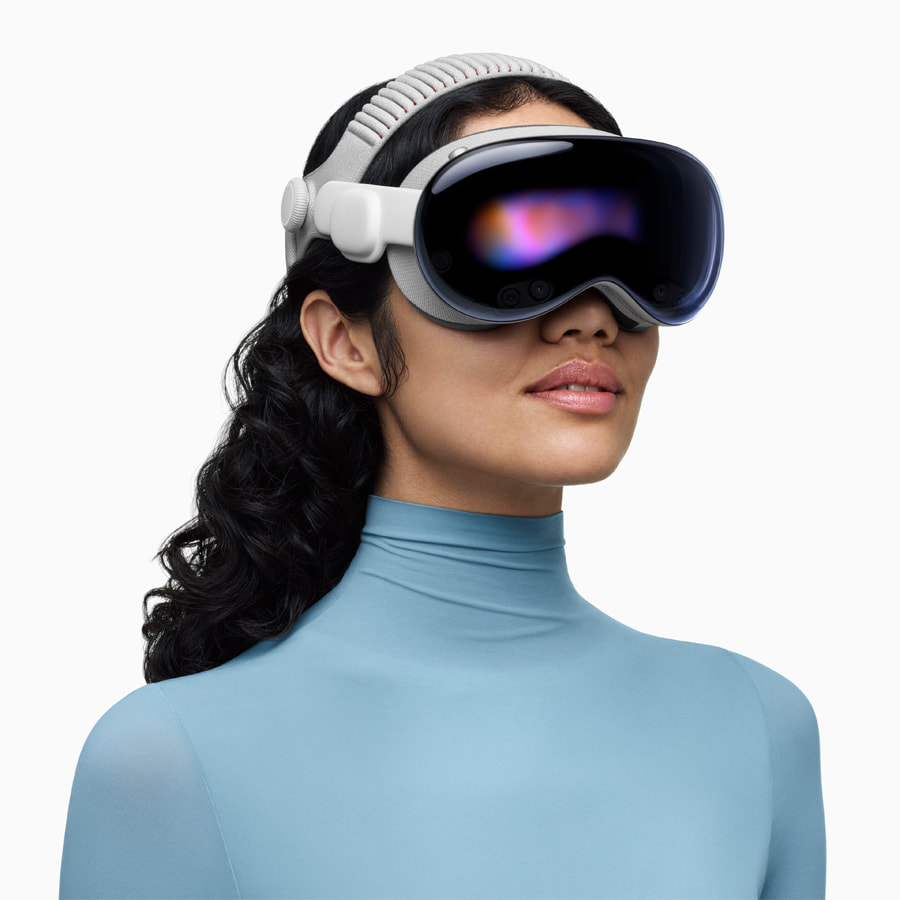
Overview
Apple’s mixed-reality headset just got a serious upgrade with the new M5 chip and the optional Dual Knit Band accessory. (TechRadar) With the M5, the headset offers richer rendering (up to 10% more pixels), smoother refresh rates (up to 120Hz), and significant jumps in AI-driven tasks. (Wikipedia)
What makes it stand out
-
The spatial computing vision remains unique: you’re not just wearing a VR headset — you’re blending digital and real world.
-
Premium build and ecosystem integration (visionOS, Apple ecosystem) ensure a seamless experience.
-
For creators, professionals and high-end users, the immersive screen real estate and multitasking potential are game-changing.
-
For Nigerian/African users: if imported (at exchange + shipping + customs), this is one of the few headsets with full-ecosystem backing and global support.
What to watch / drawbacks
-
Price is still extremely high (same starting US $3,499). For Nigeria import + duties + warranty issues, costs will be much higher.
-
Battery life is modest compared to non-XR devices (though improved) — real-world use may still be limited.
-
Weight and comfort: the updated model is heavier. Californian specs show about 750-800g vs ~600g in previous model. (Wikipedia)
-
Local availability: service, warranty repairs may be tricky in Nigeria/Africa still.
-
Use-case may be niche: many users may still prefer more affordable devices; this is premium spec.
Fit for you if …
You’re a tech enthusiast, content creator, developer or corporate professional who wants the bleeding edge. You have budget (and import-patience), and you’ll take advantage of immersive apps, spatial workflows, or creative output.
Tips for Nigerian/African buyers
-
Check for import duties/taxes and warranty gaps.
-
Consider whether the content/apps you need support visionOS in your region.
-
Evaluate shipping + power adapter compatibility (battery pack, charging).
-
Even if you don’t use full spatial features, the display + multitasking alone make it a productivity device.
2. Samsung Project Moohan XR Headset

Overview
Samsung has announced its upcoming mixed-reality headset, codenamed Project Moohan, to be revealed at their “Worlds Wide Open” Galaxy event on October 21, 2025. (The Verge) Built on the new Android XR platform (in collaboration with Google & Qualcomm), this device marks a major move into immersive experiences for Samsung.
What makes it stand out
-
The ambition: Samsung is not just tweaking VR — they’re pushing XR (mixed reality) with an open Android XR ecosystem.
-
Potential for broader regional availability / more flexible hardware than Apple’s closed ecosystem.
-
If priced more aggressively, could open immersive tech to a wider market (including Africa).
-
Timing: October launch leverages holiday season in many markets — good for early import deals.
What to watch / drawbacks
-
It’s still an announcement — full specs, price, and real-world availability remain uncertain at this point.
-
Software ecosystem (XR apps) may lag compared to Apple’s currently stronger ecosystem.
-
For Nigeria/Africa: authenticity, import risk, warranty, service might still be ambiguous.
-
Early adopters risk: such devices often have hardware/software teething issues.
Fit for you if …
You like being early adopter but with slightly more price-sensitivity than Apple’s ultra-premium. You are curious about immersive tech, want flexibility (Android) and willing to navigate import/service caveats.
Tips for Nigerian/African buyers
-
Track global pricing; if Samsung offers region-friendly variants/discounts, import cost may drop.
-
Check compatibility (power adapter, region lock, software updates).
-
Wait for hands-on reviews or local import reseller feedback before full investment.
3. Apple iPad Pro (M5)

Overview
Apple has refreshed the iPad Pro lineup with the M5 chip, bringing big performance upgrades: up to 3.5× AI performance compared to the previous M4 model, improved connectivity (C1X modem in cellular models), and enhanced Wi-Fi/Thread reliability. (Gear Patrol)
Shipping starts October 22, 2025 globally.
What makes it stand out
-
The iPad Pro continues to bridge tablet & laptop territory — for content creation, study, professional workflows.
-
The M5 upgrade makes it more future-proof for AI, multitasking, creative apps.
-
For Nigeria/Africa: portable power, suitable for creatives, students, professionals who may not need a full laptop but want strong performance and mobility.
What to watch / drawbacks
-
Cost remains high; accessories (Magic Keyboard, Apple Pencil) add up.
-
If you already have last-gen iPad Pro, the upgrade may be incremental rather than revolutionary.
-
Local reseller/import cost may inflate price significantly.
-
Battery life improvements may not scale linearly with performance boost (real-world usage depends).
-
For some users, a powerful laptop might give better value for certain workflows.
Fit for you if …
You’re a creator (video, photo, illustration), mobile professional, student, or someone who wants a powerful but portable device. You’ll take advantage of the ecosystem, Apple Pencil workflows, and higher performance.
Tips for Nigerian/African buyers
-
Compare local import price vs global price + shipping/ duty.
-
If you’re buying used or older model, last-gen iPad Pro offers strong value.
-
Consider whether the extra performance matters for your actual use-case (e.g., casual browsing vs heavy editing).
-
Check keyboard/pencil availability in Nigeria (resellers, compatibility, warranty).
4. Handheld Gaming Device: ASUS ROG Xbox Ally / Ally X
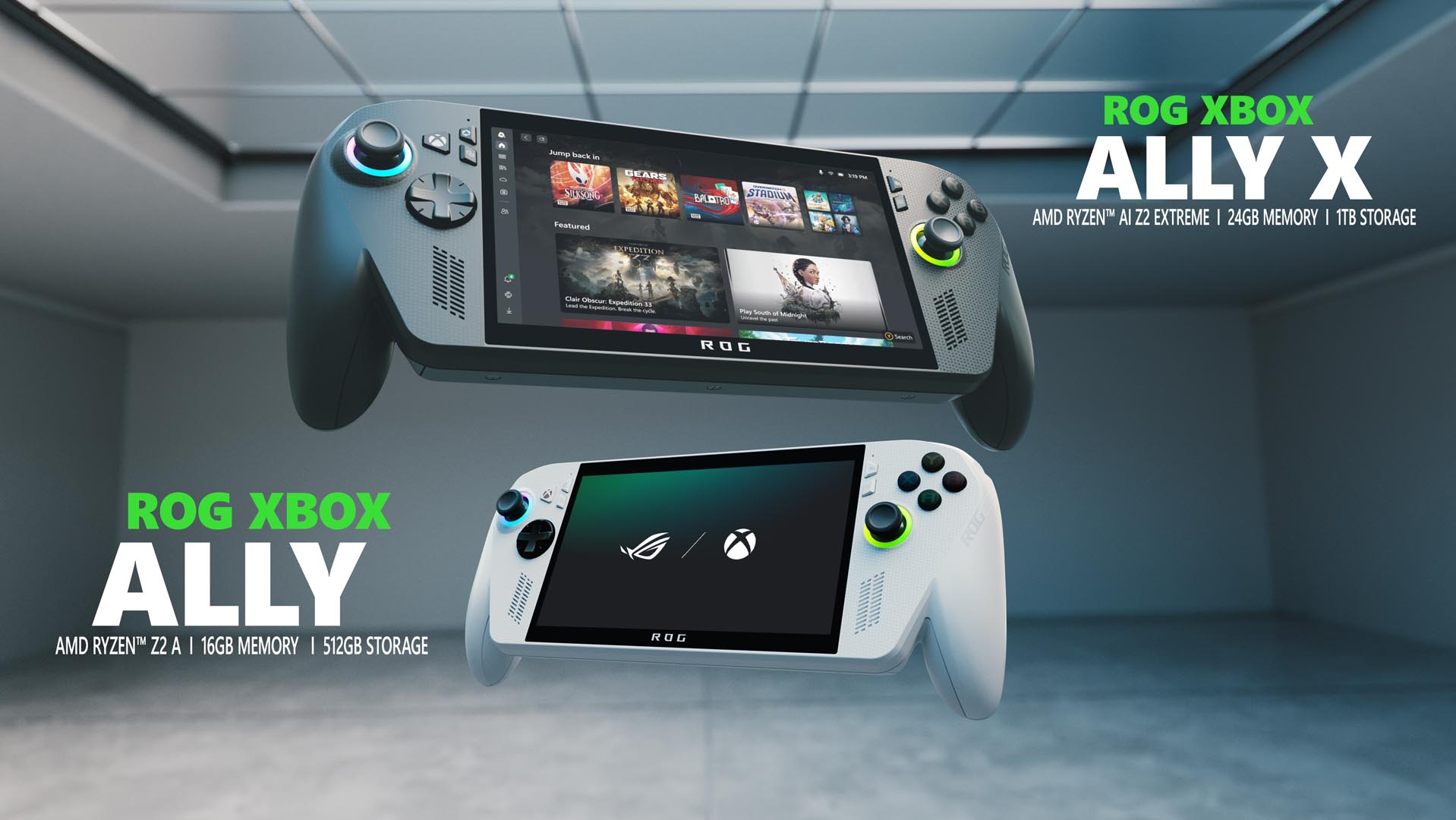
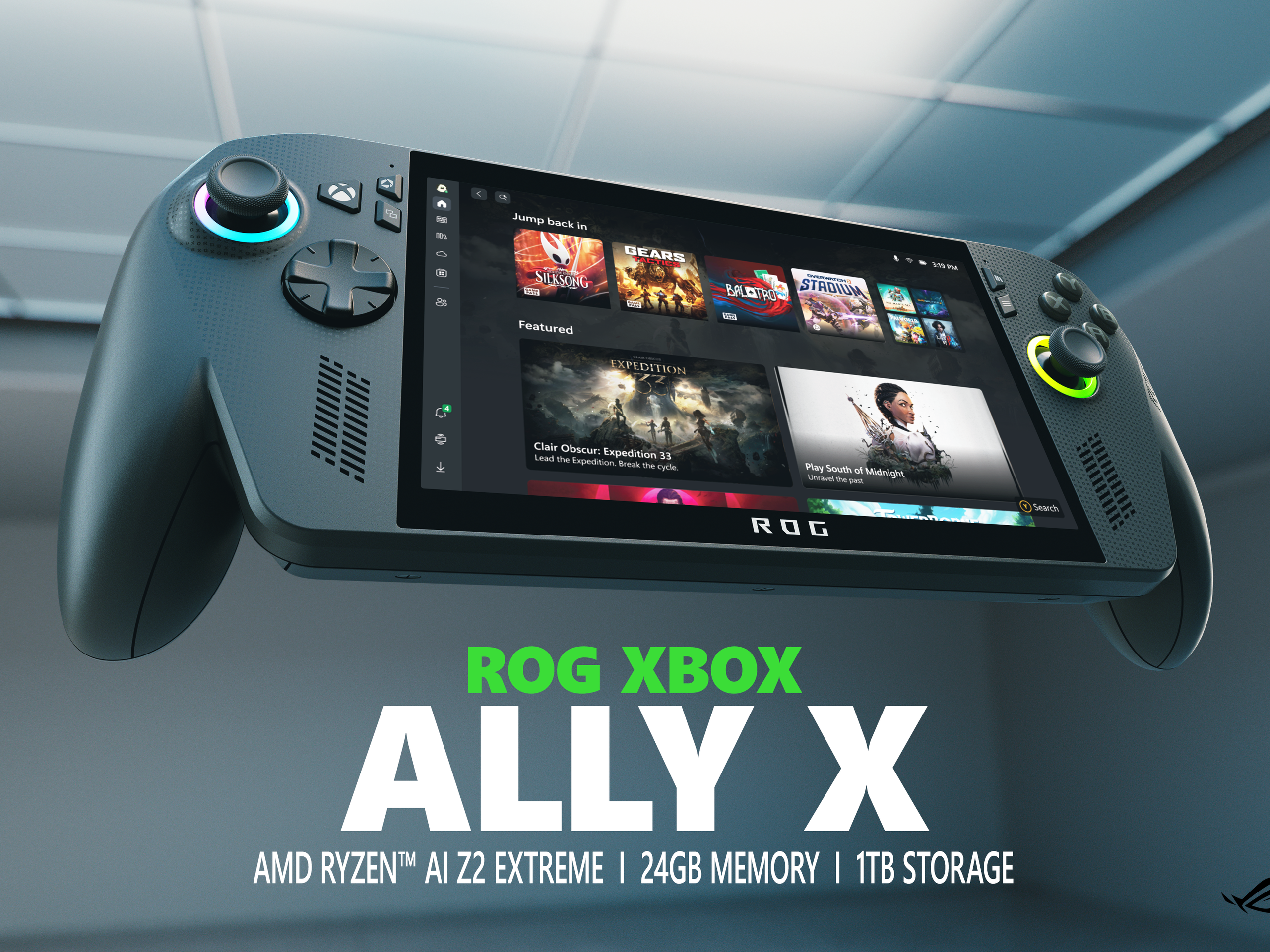
Overview
Gaming handhelds have taken another leap. ASUS and Microsoft’s latest collaboration—the ROG Xbox Ally and its upgraded Ally X model—are expected to launch around October 16, 2025. (The Times of India) The high-end Ally X boasts 24 GB RAM, 1 TB NVMe SSD; the base model still delivers powerful specs for portable gamers.
What makes it stand out
-
Portable yet full-fledged gaming performance: great for gamers on the go or in regions where console space is limited.
-
Cross-platform integration (Xbox ecosystem) gives value for Xbox users or Game-pass subscribers.
-
For Nigerian/African market: handheld device has advantages (smaller footprint, less dependency on large television/console setup) and appeal for younger audience.
What to watch / drawbacks
-
Price will be high (European leak ~€599 for base model, ~€899 for Ally X) — in Naira with import + duty likely much higher. (Windows Central)
-
Availability/import issues: may face stock constraints, shipping delays in Nigeria/Africa.
-
Handheld gaming has power/battery trade-offs; heat, battery life under heavy load may be limiting.
-
Game library support: region restrictions, controller layout, network latency (if streaming) are factors in Nigeria.
Fit for you if …
You’re a serious gamer who wants mobility, enjoys Xbox ecosystem, and you’re willing to import or pay premium. You’ll benefit if you use handheld often (travel, dorm, mobile) rather than fixed console.
Tips for Nigerian/African buyers
-
Pre-order or monitor local importer offers (some may bring via unofficial channels) — compare total cost (device + shipping + duty).
-
Consider power/charger compatibility (voltage, plug type).
-
Factor in warranty and region support (will manufacturer honor in Africa?).
-
If you don’t need the highest spec (Ally X), the base model may suffice for many games.
5. Premium Smartphones: e.g., OPPO Find X9 Series
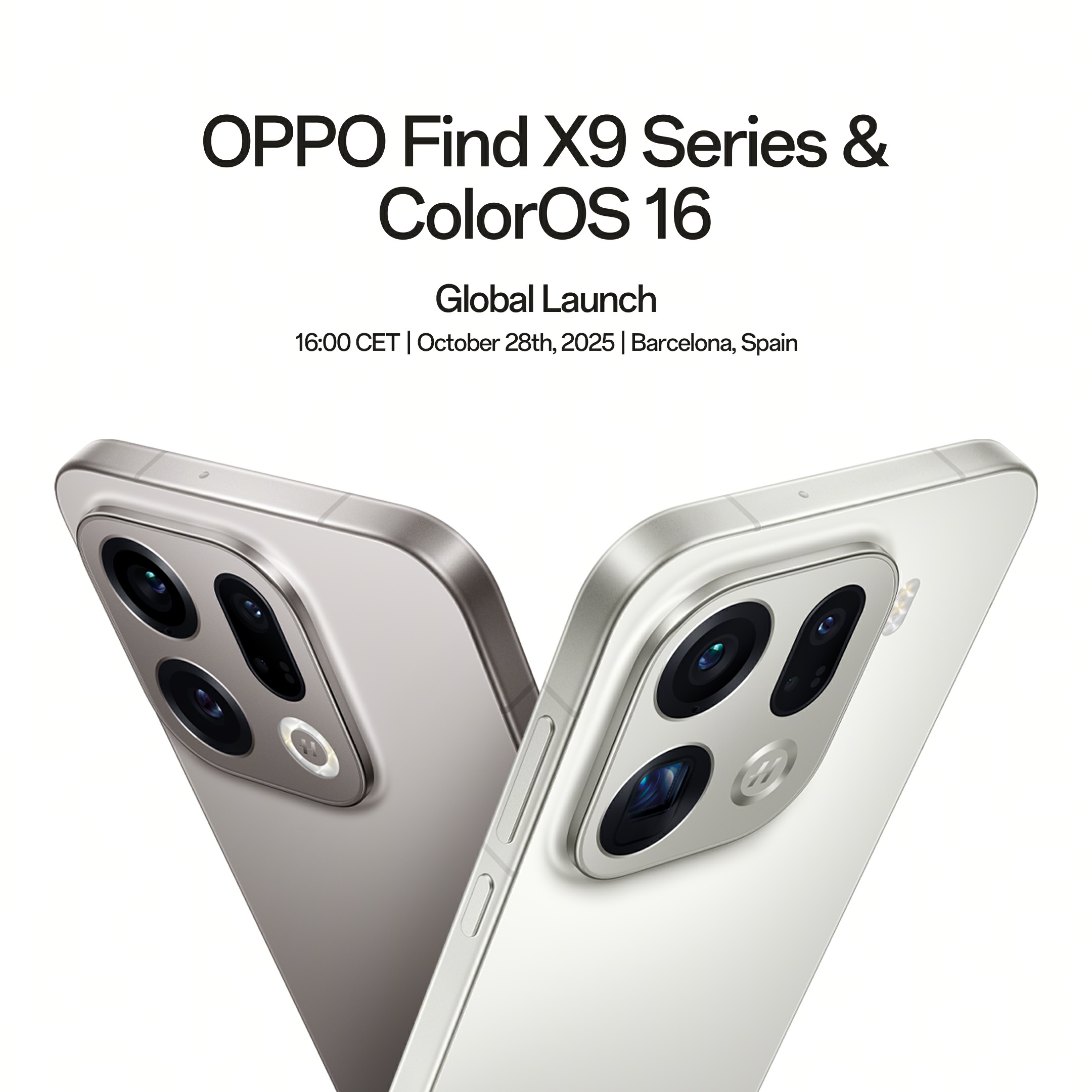


Overview
OPPO has confirmed the Find X9 series global debut on October 28, 2025 (with India launch following). (The Economic Times) This follows weeks of speculation. The Find X series has been known for premium materials, high-end camera systems (including Hasselblad collaboration) and design innovation.
What makes it stand out
-
For smartphone lovers, this launch provides fresh top-tier choices outside Apple/Samsung.
-
Likely innovations: upgraded camera modules, premium finishes, possibly faster charging or new display tech (per spec-rumours).
-
In Nigeria/Africa: premium Android flagship options give an alternative path and value proposition (especially if local price is competitive).
What to watch / drawbacks
-
As always with import smartphones, software updates, warranty, service in Nigeria may lag.
-
Premium flagships become expensive quickly once you factor in exchange rate + duty + shipping.
-
If your usage is moderate, a mid-tier might deliver better value.
-
Confirm local network/band compatibility (5G bands, etc.) for Nigeria.
Fit for you if …
You want the best Android smartphone experience (camera, display, materials), follow flagship releases and are willing to invest. You’ll benefit if you use your phone heavily (photo/video, streaming, apps) and want premium feel.
Tips for Nigerian/African buyers
-
Track import price vs local official distribution — sometimes local distributors bring in at markup.
-
Check band compatibility (LTE/5G bands for Nigeria) before purchase.
-
Evaluate after-sales: service centres, spare parts availability.
-
Consider whether the previous generation (Find X8 or similar) offers most of what you need at lower cost.
6. Portable Premium Laptop/Hybrid: Apple 14″ MacBook Pro (M5)

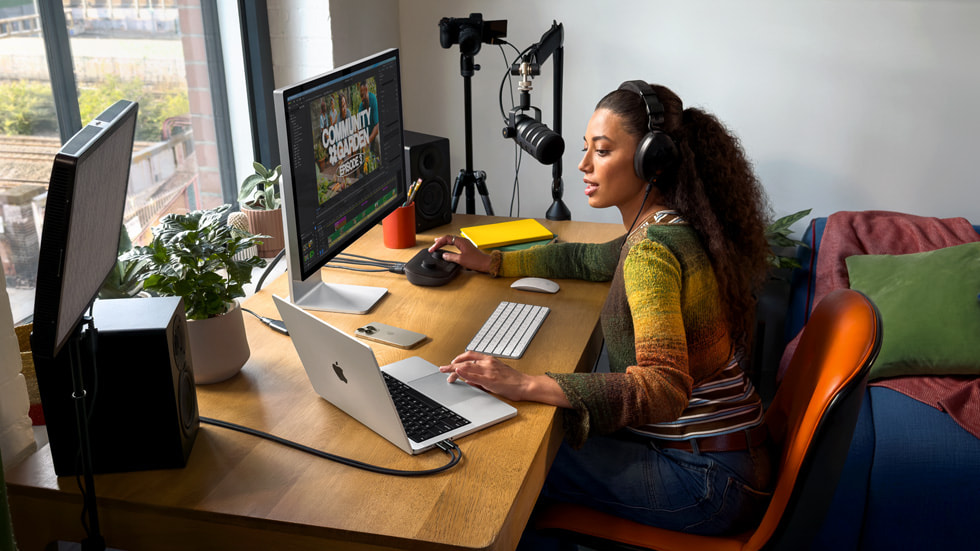
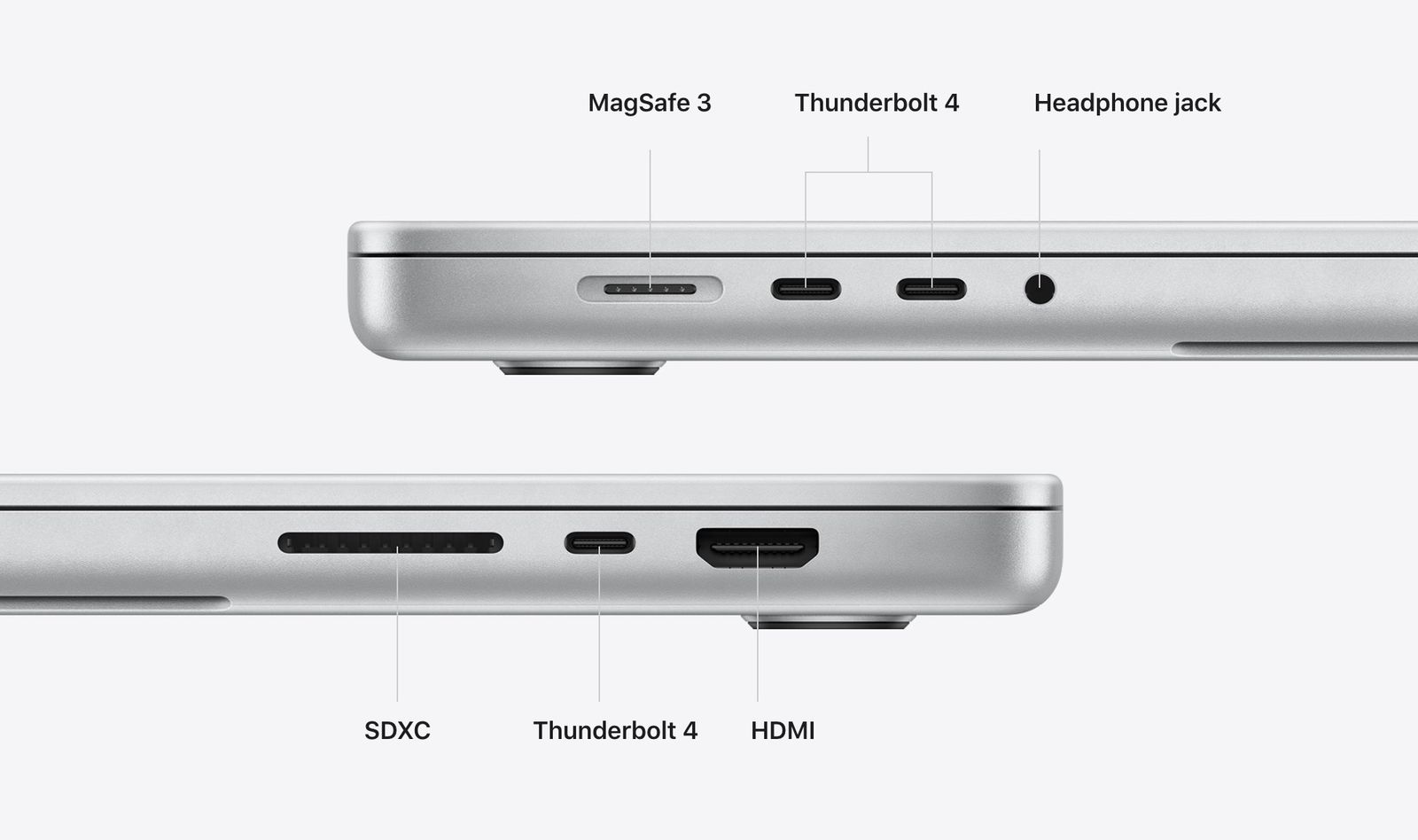
Overview
Alongside the iPad update, Apple also rolled out a new 14-inch MacBook Pro with the M5 chip, shipping from October 22, 2025. (Gear Patrol) Though externally similar to the previous model, the performance and AI-capabilities jump make it a serious option for professionals.
What makes it stand out
-
A high-performing laptop with compact form-factor (14″) that suits mobile professionals, creatives, developers.
-
The M5 gives headroom for AI tasks, creative workflows (video editing, 3D/motion) — good for professionals in Nigeria/Africa with portable studio setups.
-
Apple’s ecosystem, software support, build quality remain best-in-class.
What to watch / drawbacks
-
Premium price; accessories (external drives, adapters) add cost.
-
If your workflow is modest (web/browsing/office), the power may be overkill.
-
Local reseller/import cost + warranty may be steep.
-
Ports are fewer than typical Windows laptops for some workflows (you may need dongles).
-
For gaming or very specific Windows-software workflows, a Windows laptop might offer better value.
Fit for you if …
You’re a professional (designer, video editor, developer), you travel or move around, you value build quality and long-term software support. You live in Nigeria/Africa and want a powerful, portable laptop that will last many years.
Tips for Nigerian/African buyers
-
Compare cost of official/local distributor vs imported device + shipping/duty.
-
Ensure service/support are accessible locally (Apple authorised service centre).
-
Factor in local power supply/adaptor issues (voltage/fuse) and cost of spare parts.
-
If you don’t need full power, consider cheaper MacBook or high-spec Windows alternative with better value.
7. Smart Home / Speaker Upgrade: Amazon Echo/Fire TV Bundle (or similar)

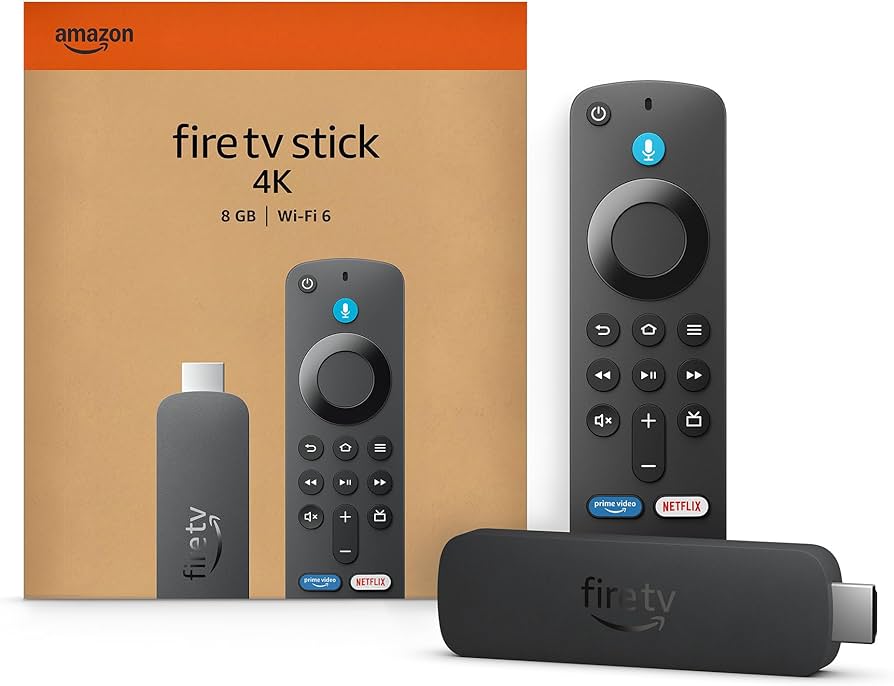

Overview
While many people focus on mobile/VR gadgets, smart-home devices are quietly evolving. For October 2025, Amazon announced several new Alexa-integrated devices: Echo Dot Max, Echo Studio, Fire TV 4K Select, and revamped Ring doorbells/cameras. (The Verge) These may not carry the same budget as a headset or laptop, but they’re highly relevant for everyday users.
What makes them stand out
-
Affordable (comparatively) way to elevate your home tech: smart speaker, streaming stick, home security.
-
Useful for Nigeria/Africa: if you have stable internet/power, these devices upgrade your living space (entertainment, control, security).
-
Ecosystem value: Alexa + Fire TV gives smart home + media streaming in one package.
-
These devices often have more accessible cost entry-points and could be compelling import-choices for users outside major markets.
What to watch / drawbacks
-
Availability: in Nigeria/Africa, local stock may be limited; import-cost + shipping may reduce “affordability”.
-
Internet/power dependency: smart home devices require stable WiFi/electricity; in regions with load-shedding or weak internet, usage may be limited.
-
Ecosystem limitations: some features (Alexa skills, regional content) may be US-centric; check local compatibility.
-
Smart-home fragmentation: it’s only truly valuable if you commit to a smart home ecosystem (other devices, integration).
-
Value vs need: if you don’t already use streaming/smart speakers, you may not see full benefit.
Fit for you if …
You’re upgrading your home tech setup (TV/streaming, smart speaker, security) and want good value. You’re comfortable importing or dealing with regional compatibility. You want to bring your home into 2025 without breaking the bank.
Tips for Nigerian/African buyers
-
Check region compatibility (power plug, WiFi bands, regional content).
-
Consider duty/shipping — but smart home devices often cost less than flagship phones/headsets, so still good value.
-
Pair with other smart home devices (e.g., smart lights, smart plugs) for better ecosystem.
-
Use during stable internet/power periods; perhaps set up power-backup for reliability.
Trend Analysis: What These Gadgets Together Tell Us
-
XR & Immersive Tech Are Going Mainstream – With Apple and Samsung both pushing XR headsets, immersive computing is moving beyond niche. This matters globally, and Africa is not excepted — once prices drop/import ease improves, we’ll see more uptake.
-
Performance & AI Upgrades Everywhere – From tablets (iPad Pro M5) to laptops (MacBook Pro M5), the push is for AI-ready silicon, multitasking, future workflows. If you’re in Nigeria/Africa and want tech that lasts, these improvements matter.
-
Portability Meets Power – Handheld gaming devices and mobile flagships show a trend: powerful hardware in compact form. For emerging markets, smaller footprint often equals more flexibility (travel, mobility, limited space).
-
Smart Home Gains Momentum – Even if you don’t buy a headset or laptop, these smart-home devices signal that “connected living” is globalising.
-
Regional Implications – In Nigeria/Africa: import cost + power/internet constraints still matter. But these launches mean there’s more choice, competition & eventual local trickle-down. If you buy smart (no pun intended), you can pick legacy previous-gen devices at better value in near future.
How You Should Choose For You
Here’s a quick checklist:
-
Use-case: What do you really use? Creative workflows? Gaming? Media streaming? Work/office?
-
Budget: Flagships/import devices = high cost + possibly higher hidden costs (duty, shipping, warranty). Are you comfortable?
-
Local compatibility: Power (voltage, adapters), internet/WiFi, network bands, spare parts, service centres.
-
Future-proofing: Will the device still perform after 3-5 years? The newer chips (M5 etc) help, but function matters more than spec.
-
Ecosystem fit: Do you already use Apple, Android, Xbox, Alexa, etc.? Staying within your ecosystem often adds value.
-
Import vs local purchase: Sometimes waiting for local distribution reduces risk; sometimes the import route gives cost savings — compare.
-
Value vs incremental gain: If last generation already covers your needs, maybe skip upgrade or buy used/refurbished.
Conclusion
October 2025 is more than just another month for gadget launches — it’s a pivot. Whether it’s immersive computing with headsets, ultra-portable gaming devices, high-end tablets and laptops, or home tech that makes your living space smarter, the innovation curve is steep. For Nigerians/Africans, the key is smart choice, import awareness, and fit for your context — not just “latest hype”.
In short: pick the gadget that solves your problem, fits your ecosystem, and makes sense locally. If you do, you’ll not just buy tech — you’ll invest in your lifestyle.




